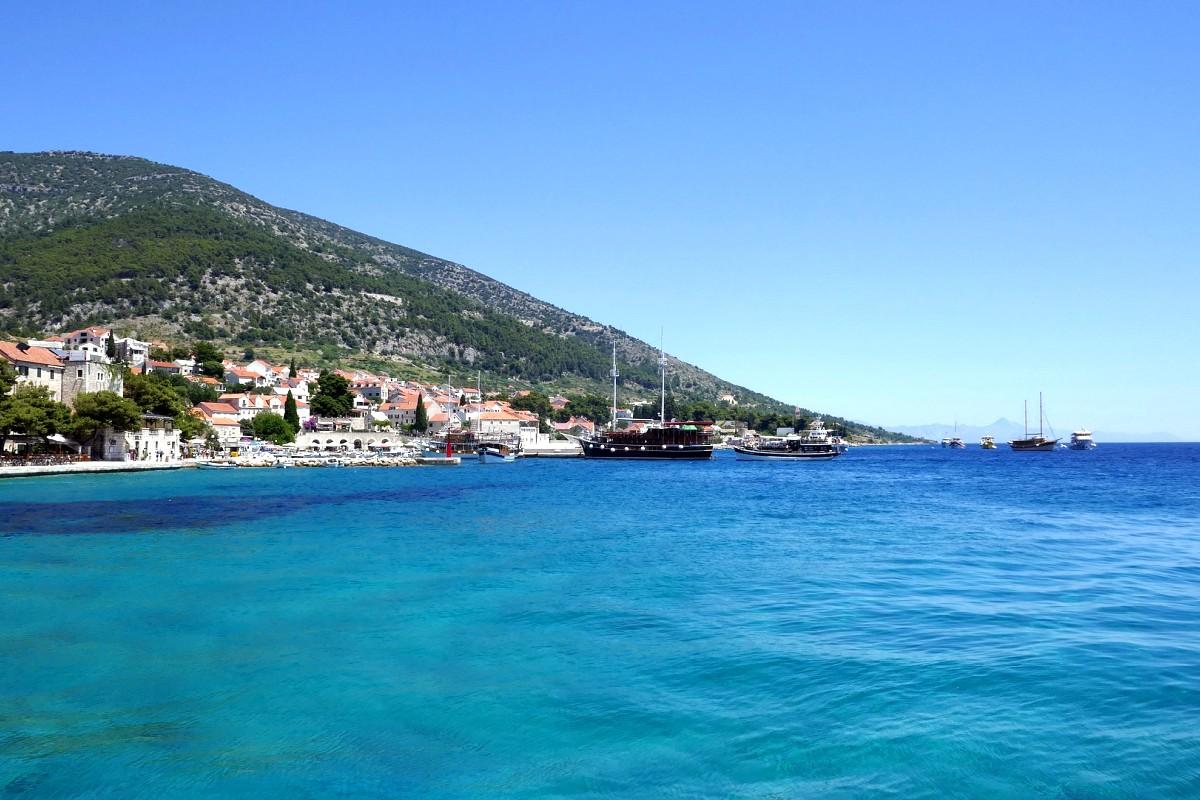Oct 17, 2025
How Foreign Citizens Can Obtain a Housing Loan in Croatia
Zorana Barada
Client Relations and Promotion Coordinator

For years, Croatia has been a desirable destination for all who decide to invest in real estate. Thanks to its natural beauty, favorable and mild climate, lifestyle, and especially entry into the Eurozone and Schengen, many foreigners decide to buy real estate in Croatia.
In the following lines, we will say something about the conditions of purchasing real estate through a loan, for foreigners, in Croatia.
Who Can Buy Real Estate and Under What Conditions
Real estate in Croatia can be purchased by foreign citizens from countries within the European Union and residents of countries outside the European Union, under different conditions.
Between EU foreign citizens and Croatian citizens, when buying real estate, there are no significant differences.
Foreign citizens outside the European Union, when purchasing real estate in Croatia, must obtain consent from the Ministry of Justice. Another condition is reciprocity, meaning if a Croatian citizen has the same right to purchase in a foreign country that is not an EU member.
Other foreign citizens, where no reciprocity rule exists, do not have the right to buy real estate in Croatia except as a company, but the company must be registered in Croatia.
Preparing Documentation – What Needs to Be Prepared in Advance

The documentation that a foreign citizen must prepare when applying for a loan is similar to the documentation required from a domestic citizen by the bank.
It is important to obtain a document that confirms the buyer’s identity, which can be an ID card or passport, then a certificate of residence, proof of personal income (most often through payslips), credit history from the home country, pre-contract, property valuation from a licensed appraiser, and an excerpt from the land register.
Banks That Approve Mortgage Loans for Foreigners
Not all banks provide loans to foreigners. Those that do offer this option to foreign citizens are Privredna Banka Zagreb, Zagrebačka Banka, Erste Bank, Raiffeisen Bank, and OTP. The conditions for obtaining a loan and interest rates differ from bank to bank, so before taking a loan, it is important to review all options and choose the one that seems most favorable.
Applications can be made by citizens of EU countries and those who are not; however, for the latter, the process is likely to take longer and their creditworthiness will be analyzed in more detail.
Loans are granted exclusively in the currency of the country in which they are paid, and since Croatia is a Eurozone member, applicants receive their loan in euros.
Approval Process – Step by Step to a Loan

After inquiring about banks that offer loans to foreigners, the loan applicant contacts the chosen bank where they receive detailed and complete information about conditions, interest rates, repayment terms, and documentation.
We wrote above about the necessary documentation, but it is important to emphasize that all documents must be translated into Croatian.
After receiving the documentation, the bank will analyze the applicant’s creditworthiness, that is, assess through payslips and income whether the person is creditworthy.
After that comes the property valuation. The bank generally approves a loan of about 80% of the property’s value, but for foreign citizens, it sometimes happens that the bank approves only 50% or 60% of the value. Then follows the loan approval with clearly defined conditions.
Costs and Taxes for Foreign Buyers

Foreign, as well as domestic buyers, cannot avoid paying the real estate transfer tax, which in Croatia amounts to 3%. The tax is not paid in the case of buying new construction, provided the investor is in the VAT system.
The property tax, which replaced the holiday home tax, is paid annually and is determined by the local government.
Foreign buyers of real estate in Croatia should also take into account translator and document certification costs, currency conversion costs if necessary, property appraisal costs, notary fees, land registry costs, and similar.
To avoid ambiguities and complications, foreign buyers of real estate in Croatia are strongly advised to engage a professional real estate agent who best understands the nature of the buying process in their own country.
Conclusion
Buying real estate through a loan in Croatia for foreign citizens is possible but requires additional documentation and careful preparation – especially for those outside the European Union. It is crucial to compare bank conditions, ensure quality documentation, and take into account all additional costs. To simplify the process and avoid complications, it is recommended to engage real estate professionals and legal advisors.
Found this useful? Share with

Client Relations and Promotion Coordinator
Dedicated and hardworking individual known for her strong sense of responsibility and punctuality. A true workaholic, she consistently strives for excellence while maintaining a warm, empathetic, and approachable demeanor. Always eager to help and support her colleagues, she is highly valued for her kindness and collaboration. Outside of work, she has a deep passion for literature and enjoys long walks, which help her stay grounded and inspired.
Dedicated and hardworking individual known for her strong sense of responsibility and punctuality. A true workaholic, she consistently strives for excellence while maintaining a warm, empathetic, and approachable demeanor. Always eager to help and support her colleagues, she is highly valued for her kindness and collaboration. Outside of work, she has a deep passion for literature and enjoys long walks, which help her stay grounded and inspired.
Want to connect with us? We'd love to hear from you! Send us a message, and we'll get back to you shortly.



